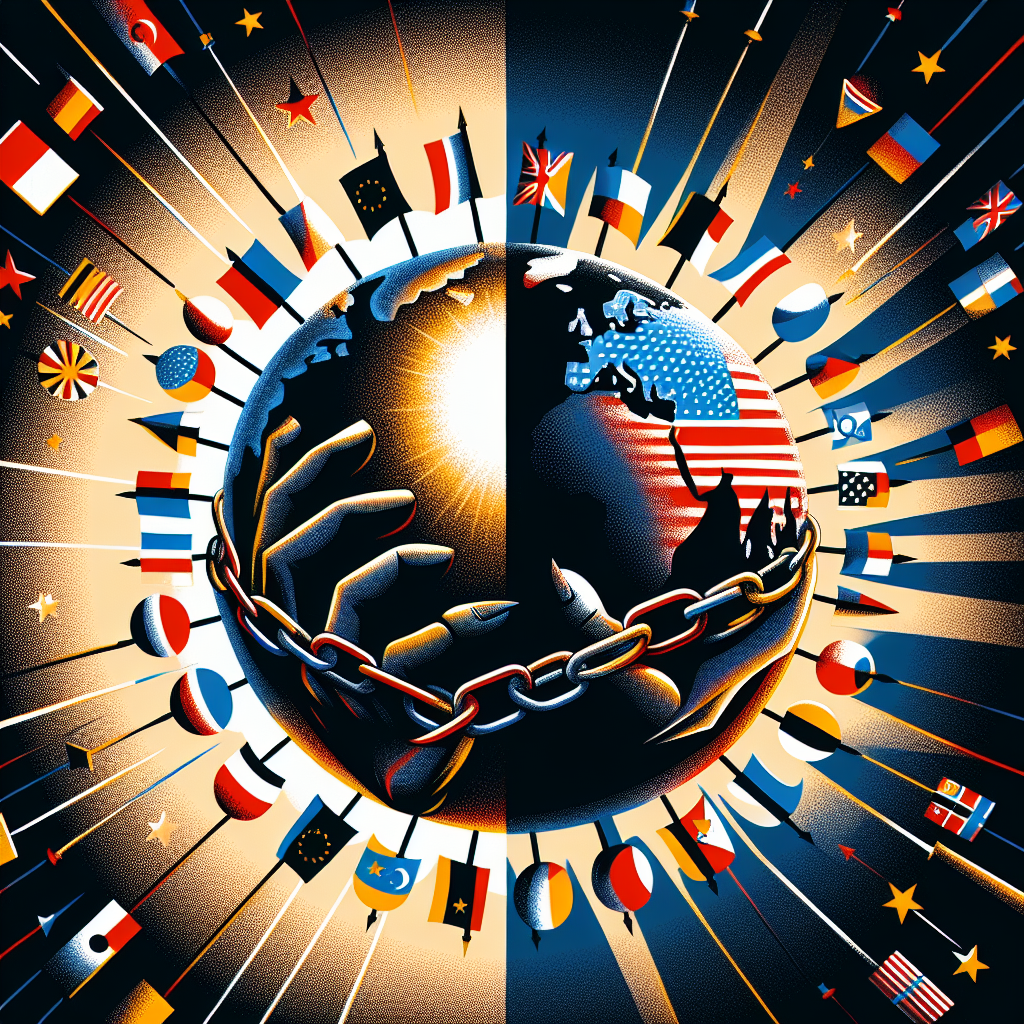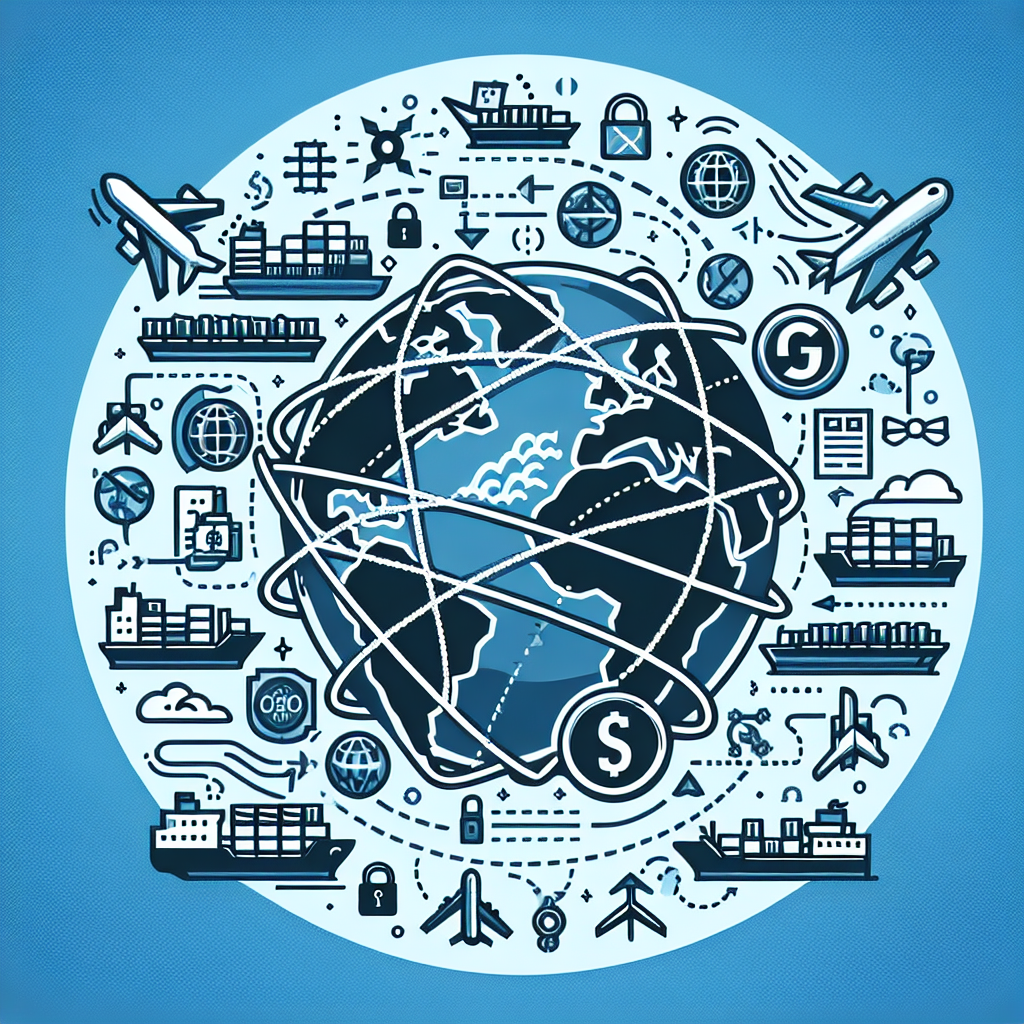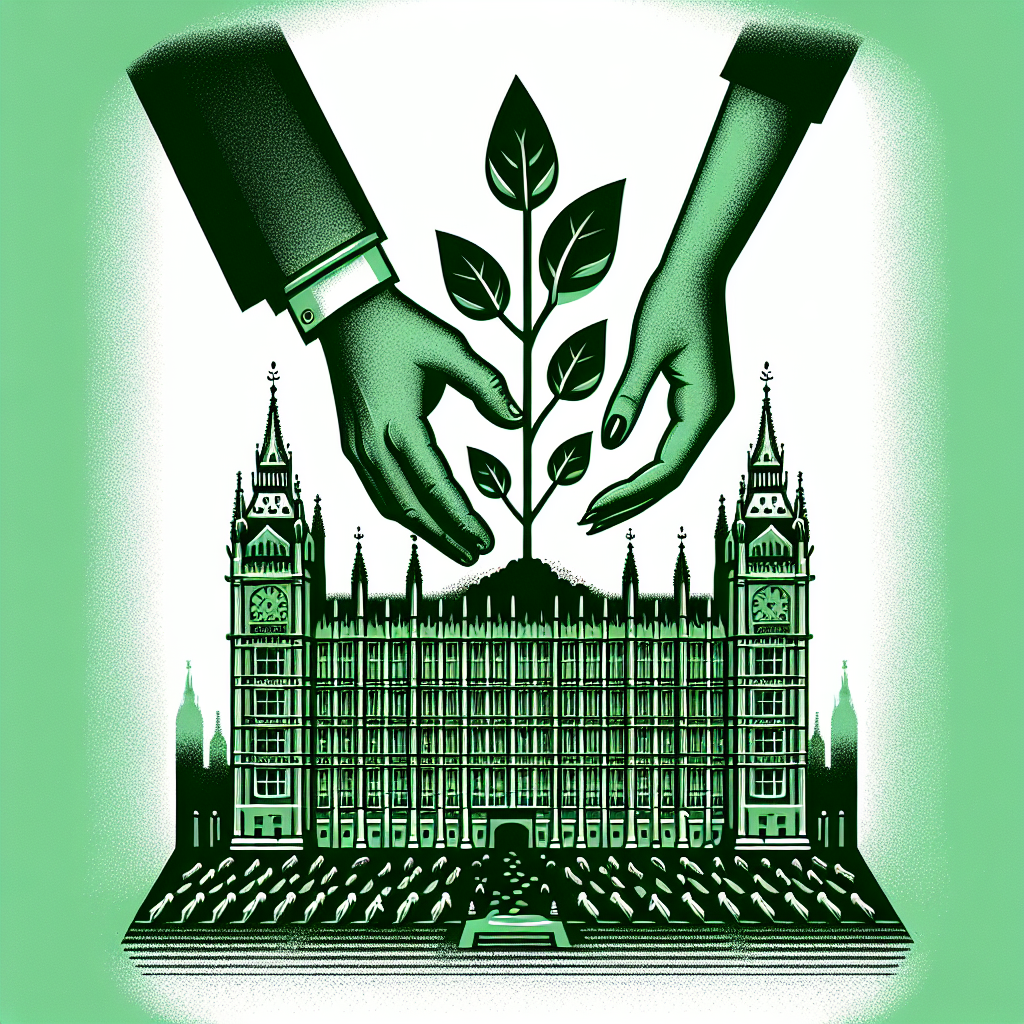
The Impact of Populism on Modern Democracies
Populism, an ideology that seeks to represent the common people against a perceived corrupt elite, has become a defining force in modern democracies as of 2025. The rise of populist movements across the globe has sparked significant debate and analysis regarding their influence on governance, political discourse, and societal cohesion. As we delve into the effects of populism on contemporary democratic systems, it is essential to consider both the positive and negative implications of this phenomenon, which has reshaped political landscapes from the Americas to Europe and beyond.
The Rise of Populism in the 21st Century
Populism has increasingly penetrated the global political sphere over the past few decades, mirrored by events such as the Brexit referendum in the UK and the election of Donald Trump in the United States. Scholars have identified this surge as a response to widespread disillusionment with traditional political parties viewed as out of touch with the needs of ordinary citizens. In democracies ranging from those in South America to Europe, politics has begun to favor charismatic leaders who prioritize a direct connection with “the people,” often challenging established norms and practices.
In 2025, we are witnessing how the trajectory of populism has not only strayed from its initial goals but has also influenced legislative agendas and electoral dynamics. The global economy’s challenges, such as income inequality and unemployment, have fueled the rise of populist leaders. These politicians often capitalize on the frustrations of everyday citizens, promising to dismantle what they refer to as the “elite,” which they claim is responsible for the citizens’ struggles. The end result has been a notable shift in the political fabric of nations, with populist policies often taking precedence over traditional, mainstream approaches.
Populism’s Influence on Political Discourse
One of the most notable impacts of populism on modern democracies is the change in political discourse. Populist leaders tend to use a language that simplifies complex issues, framing them in a way that resonates emotionally with their audience. By appealing to feelings of nationalism, fear, or anger, these leaders have redefined political rhetoric and positioned themselves as champions of the common person. This has led to a more polarized political environment where constructive debate is often sidelined in favor of personal attacks and divisive catchphrases.
Furthermore, the rise of social media has played a crucial role in amplifying populist messages, allowing these narratives to spread rapidly and reach wider audiences without the traditional gatekeeping roles of journalists and analysts. This democratization of information has both empowered citizens and contributed to the spread of misinformation. Populists utilize social media platforms to deliver their messages directly to supporters, reinforcing group identity and loyalty while challenging media outlets that they perceive as biased. This shift poses challenges for factual discourse and highlights the broader implications of populism for democratic governance.
The Erosion of Democratic Norms and Institutions
While populism may address genuine grievances, its implications for democratic norms and institutions are concerning. In many cases, populist leaders have undermined checks and balances designed to prevent the abuse of power. By criticizing judicial systems, media independence, and legislative authority, these leaders cultivate an environment where dissent is discouraged. In 2025, we see examples where populist governments have increasingly encroached upon the independence of judicial branches, consolidating power and diminishing accountability.
Moreover, this institutional erosion can lead to what political scientists refer to as “democratic backsliding.” In countries like Hungary and Poland, leaders have altered constitutions and electoral laws to strengthen their grip on power. Such changes threaten the foundational principles of democracy, including transparency, accountability, and the rule of law. As populism continues to gain ground, the very mechanisms that protect democratic governance may become weakened or threatened, leading to long-term ramifications for citizens’ rights and freedoms.
Additionally, the relationship between populism and nationalism cannot be overlooked. Populist leaders often appeal to nationalist sentiments, promoting a vision of society that can alienate minority groups and exacerbate divisions. The way populists frame their narratives can lead to xenophobia and intolerance, which further erodes social cohesion and the shared values that underpin democratic society. In 2025, we continue to witness how these tensions manifest in increased hate speech and violent political rhetoric, raising questions about the future stability and inclusiveness of democracies worldwide.
Populism in Global Context: Case Studies
Examining specific case studies offers valuable insights into the impact of populism on modern democracies. In the United States, the legacy of Donald Trump’s presidency continues to resonate in the political arena. His administration’s populist rhetoric cultivated a fervent base, leading to ongoing tensions within the Republican Party. The influence of Trump’s “America First” agenda persists, illustrating how populism reshaped the landscape of American politics, pushing figures within the party to adopt more extreme positions or risk alienation from their own supporters.
On the other side of the Atlantic, Europe has seen a rise in populist leaders challenging the European Union’s established order. Figures like Matteo Salvini in Italy and Marine Le Pen in France have capitalized on anti-EU sentiment, using populist platforms to rally support against perceived bureaucratic overreach. This movement could reshape the relationship between member states and the EU itself, as populist politicians advocate for national sovereignty at the expense of wider European cooperation. The impact of these movements does not only influence national policies but also has the potential to shift the geopolitical axis within Europe.
In Latin America, the rise of leftist populism under leaders like Mexico’s Andrés Manuel López Obrador has further demonstrated populism’s multifaceted nature. While López Obrador has aimed to address long-standing issues such as corruption and inequality, his approach also involves a critique of established political institutions. His administration’s focus on direct communication with citizens and populist policies offers a lens into how populism can take different forms that resonate with specific national contexts.
The Future of Democracy in a Populist World
Looking ahead, the trajectory of modern democracies amid rising populist sentiments raises critical questions about their future viability. One likely outcome is that traditional political parties will need to adapt to the changing landscape. Many established parties are already incorporating populist narratives into their platforms to regain traction with disillusioned voters. This could lead to a redefinition of political ideologies as conventional lines blur and parties adopt more populist appeals.
Furthermore, the resurgence of civic engagement and activism may play a pivotal role in counterbalancing the influence of populism. In response to concerns about democratic erosion, grassroots movements advocating for transparency, social justice, and inclusivity are gaining traction in various societies. These movements provide a counter-narrative to populism that emphasizes the importance of democratic processes and the need for accountability, potentially revitalizing democratic participation among citizens.
Finally, the international community’s role must also be considered. In 2025, global cooperation is increasingly essential to address common challenges such as climate change, economic inequality, and public health crises. As populist sentiment can lead to isolationism and a focus on nationalist policies, finding ways to foster collaboration without compromising national interests will be crucial. Encouraging dialogue and understanding between countries could help to mitigate the divisive effects of populism, reshaping the future of global democracy toward more collaborative frameworks.
Conclusion
The impact of populism on modern democracies is profound and multifaceted. While it speaks to the legitimate concerns of citizens, its implications for institutional integrity, political discourse, and social cohesion raise significant challenges. Populism has the potential to reshape democratic landscapes, influencing everything from party dynamics to international relations. Moving forward, the responses of traditional political entities, civil society, and international actors will determine how democracy adapts in an era where populism continues to assert its influence. As we navigate these complexities, understanding and confronting the effects of populism remain paramount for nurturing robust and resilient democratic societies.
FAQs
What is populism, and how does it differ from traditional politics?
Populism is an ideology that positions “the people” against a corrupt elite. Unlike traditional politics, which often emphasizes a spectrum of ideologies and interests, populism reduces complex social and political issues to simple dichotomies, appealing directly to the emotions and grievances of ordinary citizens.
How can populism affect governance in democracies?
Populism can lead to both positive and negative effects on governance. While it may increase public engagement and address unmet grievances, it can also erode democratic norms, weaken institutions, and polarize political discourse, ultimately threatening the stability of democratic governance.
Are populist movements increasing globally?
Yes, populist movements have seen a significant rise in recent years across various regions, including Europe, the United States, and Latin America. Factors such as economic inequality, immigration issues, and political disenchantment contribute to this trend, reflecting widespread dissatisfaction with traditional political elites.
Democracy versus Autocracy: A Global Perspective
16. Dezember 2025The Impact of Sanctions on Global Trade Dynamics
16. Dezember 2025Geopolitical Tensions in the South China Sea
16. Dezember 2025
Leave a reply Antwort abbrechen
-
Sports Betting Terminology: A Beginner’s Glossary
22. November 2025 -
Analyzing the Top Free Agents of the Upcoming Summer
16. Juli 2025 -
Can Green Politics Gain a Foothold in the UK Parliament?
18. Juli 2025





